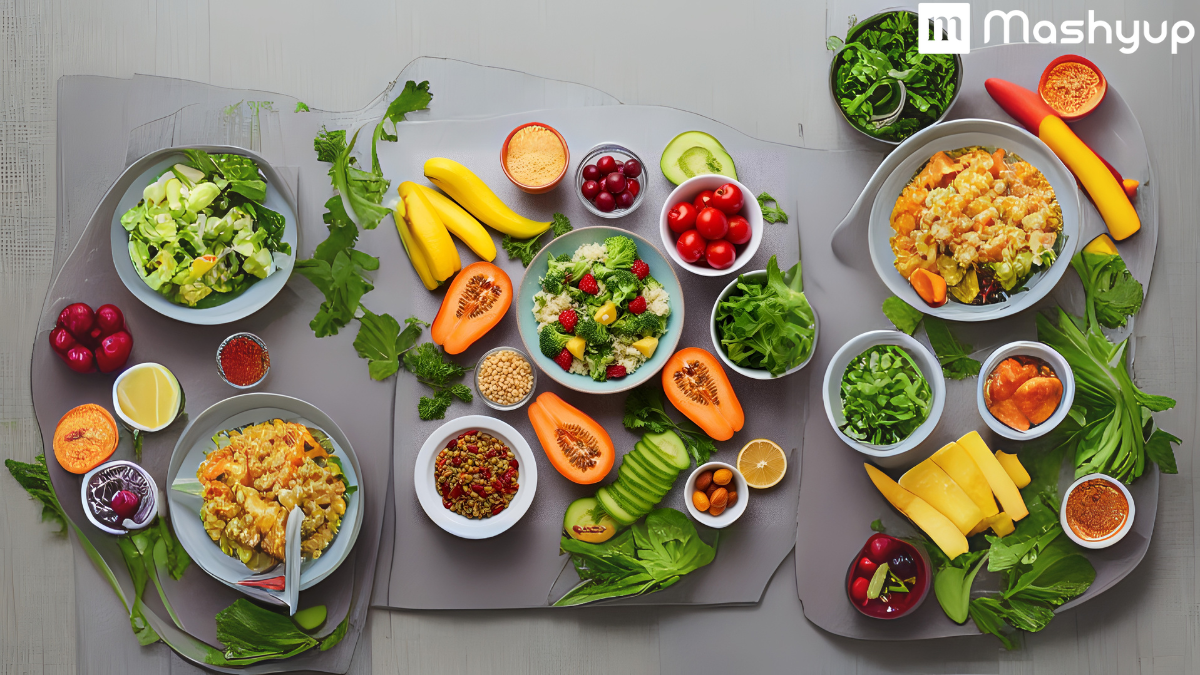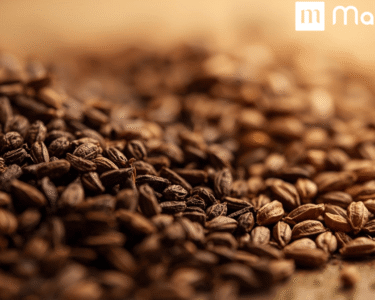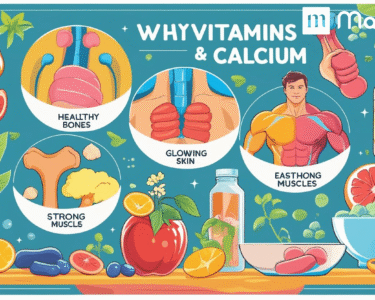The term “vegan” is more popular than ever in a society where health has become the new rich. The vegan lifestyle has gained popularity and blossomed into a global movement, from plant-based burgers at your neighborhood café to smoothie bowls on Instagram.
Let’s examine the vegan diet’s numerous benefits, drawbacks, and the reasons why so many individuals are permanently abandoning meat and dairy.
Understanding What Vegan Diet is
A vegan diet is essentially a plant-based diet that excludes all animal products. For purists, it means no dairy, eggs, meat, fish, or even honey. Rather, it accepts plant-based substitutes including almond milk, tofu, and vegan cheese as well as fruits, vegetables, legumes, grains, nuts, and seeds.
However, veganism is a philosophy of sustainability and compassion rather than merely a cuisine. Many people follow a vegan diet in an effort to lessen environmental harm, lessen animal suffering, or just feel better overall.
Diving further, let’s understand what a person can eat when on a Vegan diet ?
| Legumes | It includes all beans, lentils, chickpeas, peas, and protein-packed plant powerhouses. |
| Whole Grains | Quinoa, oats, brown rice, barley, and whole wheat bread. |
| Nuts and seeds | It includes walnuts, almonds, barley, oats, and whole wheat bread. |
| Vegetables and fruits | All the colorful vegetables and fruits available in the market |
| Plant based proteins | It includes tempeh, seitan, tofu, veggie based meat substitutes. |
| Herbs and spices | All herbs and spices to elevate the flavor of your dishes |
| Dairy Alternatives | Soy yogurt, coconut ice cream, vegan cheese, oat milk. |
Health Benefits of Being on Vegan Diet
Weight Management Becomes Easy
Opting for a Vegan diet strongly impacts your weight loss journey, which calorie counting. It helps reduce weight as plant based foods are generally low calories food but high in volume and nutrients. This plant based diet is also capable of keeping you full and satisfied.
Lowers the Risk of any Chronic Disease
It has been well researched that opting for a vegan diet effectively lowers the risk of type 2 diabetes, certain kinds of cancers, and even prevents Alzheimer’s disease. It all happens due to the presence of anti oxidants present in fruits, vegetables, nuts, seeds, and more which fight inflammation in the body and reduce its oxidative stress.
Improves Heart Health
A vegan diet can be your hero if you want to lower your blood pressure, cholesterol level and reduce the risk of heart diseases. A vegan diet, if taken properly, can be a fiber-rich diet jam-packed with antioxidants and healthy fats. These essential nutrients required by your body can keep your heart ticking smoothly. Plant based foods are naturally cholesterol free, which means it can keep your arteries clean and healthy.
Improved Digestion and Good Gut health
A happy gut is happy you as it helps one to be in a better mood, have more energy, and have less bloating. The fiber present in plant based diet does not just help with digestion, but it also feeds the good bacteria in your gut. Capable of improving the overall gut health, it immunizes us against so many diseases.
Clean Skin And Better Hair
According to a survey, it has been found that most people have noticed a glow up after going vegan. They have got clear skin, shinier hair, and even stronger nails. Removing dairy products from the diet has helped many people reduce acne, and eating more vitamins and hydration-rich food has given them a healthy skin.
Positively Impacts The Environment
So, this point is more about the world than your body, but you can count it in one of the major reasons why people are heading for a vegan switch. Animal agriculture is a huge contributor to greenhouse gas emissions, deforestation, and water use. Hence, people are opting for a vegan option to bring a change.
Challenges/ Side Effects of a Vegan Diet
We need to note that no diet is perfect; every plan comes with its cons and pros. Hence, a poorly planned vegan diet can lead to deficiencies and digestive issues.
So, let’s talk on the flip side now, the cons of a vegan diet
Iron and Zinc storage
In some cases, plant based iron may not get absorbed as well as animal based iron does. The story goes for zinc as well. Hence, make sure you consume lots of iron rich food like lentils, spinal and pair them with vitamin C to boost absorption.
Digestive Discomfort for some
There is a possibility that sometimes in the beginning, high fiber foods can cause gas or bloating if your body is not used to them. Hence, the best recommendation is to transition slowly and drink plenty of water.
Omega-3 Fatty Acids Gap
As we all know, fish is one of the leading sources of omega -3s, but being on a vegan diet, you may miss this best source. With the primary omega-3s sources being only chia seeds, flaxseeds, and walnut, you may develop a gap in these essential acids. Also, we should not ignore the consumption of omega-3 as they support brain and heart health.
Social and Convenience Challenges
Opting for a vegan diet may make your eating out, dinner, or travelling plans difficult. As vegan options are not available everywhere, it may take some crucial planning, research, and a bit of assertiveness to stick to your decision.
Over Dependence on Processed Vegan Food
Please take it into note, that not all vegan food is healthy. Some packaged vegan products may be highly processed and loaded with sodium. For example, fries and soda, although they are vegan they lack nutrients and are also high in calories.
Tips for Sticking to Your Vegan Journey
You may face numerous challenges if you are thinking of going vegan, but here are some smart tips you can opt for to make your journey easy:
- Planning your meals is highly important as you need to make sure that all proteins, iron, calcium, and B12 vitamins are included in your diet.
- You need to develop a habit of reading labels carefully if you are going vegan. Some “accidently vegan “ products are lifesavers.
- Take crucial care of your supplement intake. You must opt for B12, vitamin D, and omega 3 supplements if you are following a vegan diet.
- Start cooking food more at home as it gives you control of what you eat while also helps develop new cooking skills.
- Stay hydrated always, as it you will really need it with high fiber diets.
- Join communities with similar interests. You can opt for online forums, vegan Instagram pages, or local groups that will offer you great support.
Should you go Vegan ?
If followed carefully, a vegan diet may be very fulfilling on both a physical and moral level. It has several advantages, including reduced weight, improved heart health, bright skin, and a smaller environmental impact. It’s hardly a miracle drug, though. It calls for balance, education, and intention.
So, if you’re curious about veganism, start with a 21-day vegan challenge. Allow your path to be unique, happy, and adaptable. Because in the end, living mindfully, one mouthwatering meal at a time, is more important than labels.






